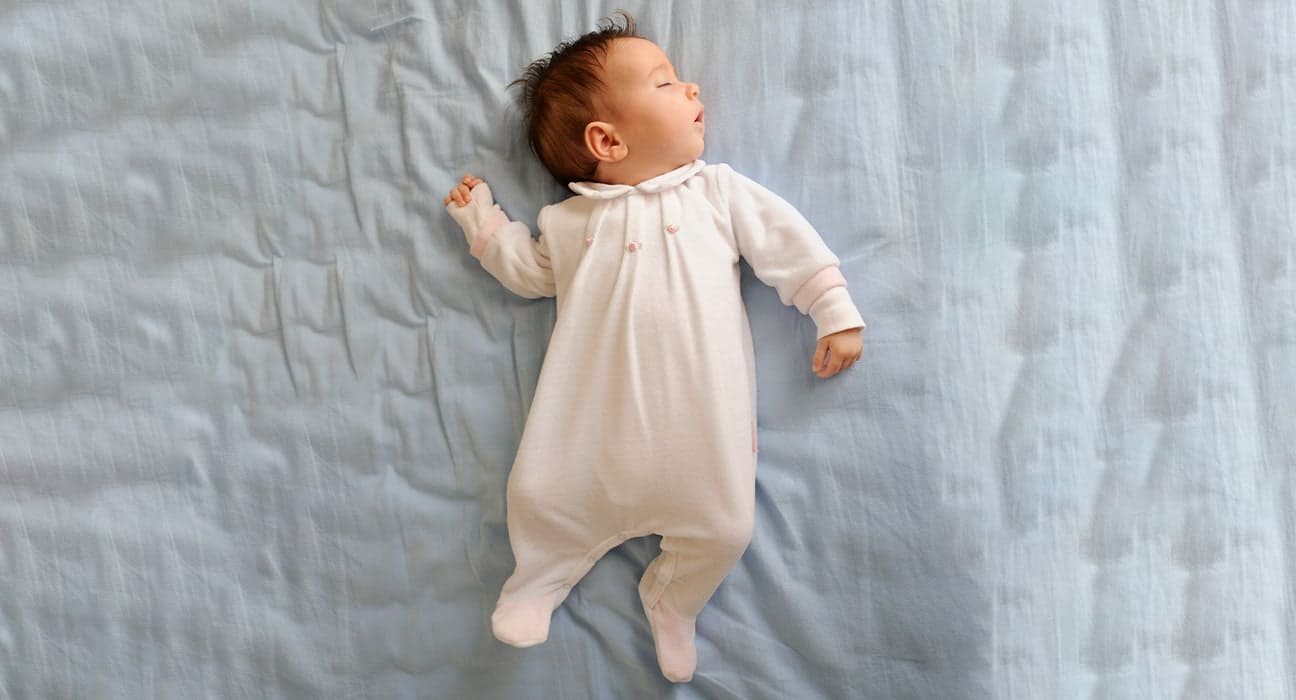People usually stay awake or pull “all-nighters” for a variety of reasons, like for studying for an upcoming exam, partying, Et cetera, but ignoring your sleep cycle and sleeping less than what is required by a human body can cause significant damage to the psyche And the physiological functions of a human being, even leading upto sleep disorders.
In the words of Clinical psychologist associate Sana Kulsum Naqushbandi, “A good night’s sleep is not just a luxury—it’s a necessity for our physical and mental vitality. Picture this: a tired mind grappling with the demands of the day after a restless night; it’s a recipe for inefficiency and frustration. From the playful energy of children to the seasoned wisdom of older adults, everyone thrives on a solid eight to 10 hours of rejuvenating sleep.”
Read More: First Half Sleep Essential as it Resets Brain for New Learning: Study Finds
Why do we need sleep?
Your body, especially your brain, needs sleep to heal itself and perform vital tasks like hormone release and waste removal. According to recent research, sleep has a cleaning function that clears your brain of toxins that accumulate while you are awake. Although a lot is unclear about the purpose of sleep, many theories have highlighted the basic necessity that sleep provides our body, which includes:
- Sleep affects a person’s cognitive abilities, like learning, memory, problem-solving, et cetera. It also helps in the re-organisation of neurons, which are specialised cells for carrying out transmission.
- Sleep is also essential for emotional regulation and well-being. Our brain processes emotions and controls mood when we sleep. An increased risk of mood disorders like anxiety and depression has been associated with long-term sleep loss. It can also be more difficult to successfully manage stress and emotions when you’re sleep-deprived.
- When a person is asleep, their body produces certain proteins and antibiotics, which empower the immune system and protect the person from germs and even possible diseases.
- According to research, getting less sleep may raise your risk of heart disease, high blood pressure, and stroke. The body lowers inflammation and controls blood pressure while we sleep, two processes that are critical to heart health. Prolonged sleep deprivation can interfere with such functions.
Additionally, if you are a fitness enthusiast, sleep helps you in your weight management as an efficient amount of sleep regulates appetite and metabolism.
Naqushbandi here underscores the gravity of sleep-related disorders like insomnia and hypersomnia, warning that neglecting them can drain our physical vigour and mental acuity, leaving us stumbling through our days. In essence, she champions the transformative power of quality sleep as the cornerstone of holistic well-being.
Read More: The 5 Stages of Sleep Cycle
How much sleep is necessary?
Seven to eight hours is the efficient amount of sleep recommended by many scientists for an adult, but the amount is also dependent on other factors like the activity level, health, the work that you do, et cetera. However, the optimum amount of sleep that a person needs is largely dependent upon the age group they are in.
Like infants, toddlers and children require more sleep than a grown adult as they are in their developing years. Sleep enables the development of the brain, cognitive activities, the ability to adapt, and emotional regulation in babies.
Read More: The science of sleep: what goes on in your brain when you sleep?
| Age of an individual | duration of sleep |
| Infants and toddler | 12-16 hours |
| school age | 10-13 hours |
| adolescents | 8-10 hours |
| adults | minimum 7 hours |
According to Psychologist, Sajad Hussain, “An association between sleep and mental health has been observed in multiple studies. Adequate sleep (quality as well as quantity:i.e., amount, 6-7 hrs) is required to perform the optimal functions of life. Considering the definition of health proposed by the WHO Attainment of health is only possible when the body is in a complete state of physical, mental and social well-being. Hence, in this context, sleep plays a major role in achieving the same.”
Infants and Toddlers
For toddlers up to 2 years of age, 12 to 16 hours of sleep daily is recommended. Babies need more sleep and their sleep pattern can change rapidly during the initial years of their life. Sleep also fosters emotional, mental, social and physical development. Insufficient sleep can have detrimental effects on a child’s mental development, affecting their capacity to regulate their emotions and conduct.
Preschool and School-age
Children who are in school, till up to 13 years of age, require a minimum of 10 to 13 hours of sleep regularly. The growth hormone, which is necessary for development and growth, is produced by the body while you sleep. Sleep also produces other hormones that help tissue repair, sickness prevention, and muscular growth. Children who get enough sleep are better able to focus and pay attention. On the other hand, school-age children are more likely to experience issues with behaviour, mood, mental function, and alertness when they don’t get enough sleep.
Read More: Sleep Apnea: Definition, Symptoms and Treatment
Adolescent (Teens)
Experts advise teenagers to get eight to ten hours of sleep every night. Adolescents who get enough sleep benefit from improved growth hormone production, better emotional regulation and conduct, and improved cognition, the capacity to recall, learn, and reason. Technology, like smartphones, the schedule of classes, and workload, like assignments and homework are certain reasons that affect sleep schedules during adolescence. Teens who don’t get enough sleep are more likely to suffer from poor mental health, inattentiveness, behavioural disorders, accidents, diabetes, and obesity.
Adults
Adults over the age of 18 are suggested to get a minimum of seven hours of sleep per day, depending upon their schedule, the activity or work they do, and health issues if any. Productivity, health and happiness are all linked to a good amount of sleep a person takes. During adulthood, there are many responsibilities in a person’s life, be it in their academics sphere, their career, their relationships, et cetera, which makes it difficult to follow a proper sleep schedule, but having enough, and ample sleep can promote strength and power, and even improves cognitive abilities in the individual.
Not getting enough sleep and adulthood can lead to severe problems like dozing off during work, health issues, cognitive impairment, heart and blood pressure issues and even weight and body management.
How to improve your sleep schedule?
Prioritise the quality and quantity of sleep that you take daily. Certain steps or measures that you can take to improve the quality and quantity of sleep are
- Avoid caffeine or caffeine-related products before bed
- Stick to a proper bedtime routine and improve your sleep hygiene Which includes Sleeping a minimum of seven hours a day for adults.
- Limit your screen time to hours before you go to bed.
- Exercise daily and move your body, which is even more important for kids and toddlers.
- Minimise interference, like sound or light, if any.
Read More: The Connection between Sleep and Productivity
Getting proper and good sleep has an endless number of benefits, be it social, psychological, Biological, et cetera. It is important to ensure that you take enough sleep, depending upon the age group, you are in to optimise functioning in daily life. As parents, they should ensure that their children sleep properly and comfortably for overall development. Using a sleep diary, in the initial phase to track your sleep, is a good way to record the number of hours you are sleeping and the quality of the sleep you’re getting. A person can also get medical help if required.
References +
- Brain basics: Understanding sleep. (n.d.). National Institute of Neurological Disorders and Stroke. https://www.ninds.nih.gov/health-information/public-education/brain-basics/brain-basics-understanding-sleep
- Breus, M. (2024, March 26). How many hours of sleep do we need? Sleep Doctor. https://sleepdoctor.com/how-sleep-works/how-much-sleep-do-you-need/
- Nunez, K. (2023, June 20). What is the purpose of sleep? Healthline. https://www.healthline.com/health/why-do-we-sleep
- Suni, E., & Suni, E. (2024, January 3). How much sleep do you need? Sleep Foundation. https://www.sleepfoundation.org/how-sleep-works/how-much-sleep-do-we-really-need
- How much sleep do I need? (2022, August 22). WebMD. https://www.webmd.com/sleep-disorders/sleep-requirements













Leave feedback about this